Global free movement would improve lives
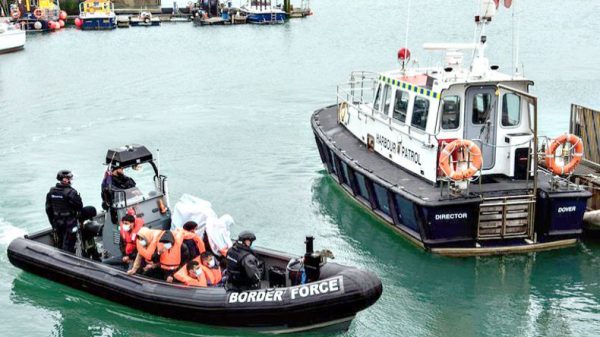
Nadia Whittome and Zoe Gardner:
FREE movement is seen as an unworkable position — but it is our current immigration system, both in the United Kingdom and globally, that is unworkable. It is barbaric, it produces exploitation and, with the rising threat of the climate crisis, it is unsustainable.
For too long, the status quo has been accepted as the default ‘common sense’ approach, but border enforcement policies are a relatively recent phenomenon. In the UK, they date no earlier than the 1905 Aliens Act, and until 1962 the UK had an open-door policy to Commonwealth countries, while the first fence on the US-Mexico border was erected only in the 1990s.
While there is no doubt that border enforcement policies are deadly, their effectiveness is questionable. Yet they cost us a fortune — from complex technologies to back-room deals signed with regimes in different countries to contain their populations. Then there is the incalculable loss incurred by systems preventing people from reaching opportunity and from being entitled to work, change employer or unionise.
And this is before we even discuss their cost in human lives. The overwhelming economic case for free movement has been made repeatedly, but the argument from a human and workers’ rights perspective — for migrants and non-migrants alike — rarely gains a mainstream hearing.
Migrants’, workers’ and human rights activists have been forced onto the back foot, able only to resist the increasing brutality of our border regimes rather than arguing for an entirely new migration system. But we must not lose sight of the complete overhaul that is needed, and challenge the false logic that underpins the status quo.
Many things that we today consider to be basic rights were once viewed as unrealistic and too radical, such as universal suffrage. Attitudes and policies have been changed before and we can do so again to make what was once unthinkable possible, and then obvious.
As climate change devastates communities around the world, many more will be forced from their homes. Will those in the west, the states that have contributed the greatest emissions, abandon those least responsible but most affected? Or will we attempt to work out a global system that supports migration of this scale in the most humane way possible? The crises we face require bold solutions that go beyond existing limited programmes to assist small numbers of people.
All but a tiny minority of the world’s richest people are excluded from the opportunity to obtain a visa and travel to escape persecution or to seek a better life for their families. People are dying attempting to cross the Channel and other western borders, and those who survive their journeys face increasingly restricted rights in the countries in which they settle. Often they are denied benefits, housing assistance, the right to change employer or reunite with family members. In some cases they are banned from working at all, leaving them at risk of destitution or becoming victims of exploitative rogue employers.
Regardless of restrictions and risks, people will continue to move — as they have done throughout human history. Under the current system, they are simply stripped of their rights upon crossing an international border. As activists Juno Mac and Molly Smith argue, ‘a system where everybody could migrate, live and work legally and in safety would not be a huge, radical departure; it would simply take seriously the reality that people are already migrating and working and that as a society we should prioritise their safety and rights.’
Indeed, free movement is also a workers’ right and there are real benefits to be derived for everyone, including those who choose not to exercise their right to move. While some fear migration would depress wages and cause unemployment, even in the current climate of weakened trade unions, stagnant wages, underfunding and a hostile environment, the government’s own research shows that immigration has little to no impact on employment and a small short-term negative effect on low-paid workers. The truth is that exploitative bosses and the system enabling them are to blame for low wages, and the answer is stronger workers’ rights for all and a unionised workforce.
A lack of migrants’ rights is part of this system. For example, migrants whose right to live in a country depends on employers’ sponsorship, as is currently the case in the UK, are less likely to challenge exploitative employers for fear of deportation. This precarity undermines their ability to unionise, which is detrimental not only to migrant workers but to their non-migrant colleagues. If migrants were free to change employers and to exercise their workers’ rights, it would likely improve working conditions for all.
Free movement is fundamentally about reducing suffering, tackling inequality and ensuring everyone’s rights — issues that many care deeply about. But people are presented with a false dichotomy with migration: cruelty or chaos. With such a strong humanitarian case for free movement, it is an idea on which people can be won over if concerns about its practicality are addressed. There is a body of evidence that suggests many of the fears about free movement are unfounded.
There is a theory that free movement and an inclusive welfare state are mutually exclusive. However, the research does not appear to support this. The development of free movement rights must include access to the state safety net that we rely on in times of difficulty, but under such a system, ‘benefits tourism’ has been shown to be largely a myth.
Where people are able to move freely within a region, they tend to go to where they can find good jobs, and leave when the jobs go. Where regional free-movement areas are developed, mutual access to welfare states needs to be negotiated, but evidence suggests that this is not an insurmountable challenge to generous policies — as in the Scandinavian countries under the EU freedom of movement, for example.
The use of public services is not a zero-sum game: migrants pay taxes and staff as well as using public services. They also create jobs. The Turkish city of Gaziantep grew its population by 30 per cent in 10 years by taking in half a million Syrian refugees. Instead of separating the migrants from the previous residents, authorities invested in improving infrastructure to benefit everyone.
It is through the gradual growth of regional free-movement areas — such as the European Union, the South American trade bloc MERCOSUR, and Australia and New Zealand’s Trans-Tasman agreement, among many others — that we can advance towards a world where crossing a border does not mean losing one’s rights and, eventually, one where mobility is free and everyone’s rights are strengthened.
Moving step by step to promote greater transnational rights for all can mitigate and manage the challenges brought by freer migration. By far the most common type of migration is the kind we largely ignore, which takes place within countries. Most forcibly displaced people worldwide never cross an international border.
The evidence shows that, given freedom, people tend to move within their region or choose not to move, and adopt circular migration patterns, bringing knowledge, skills and money gained elsewhere back into their communities of origin and back out again and so on.
Permanent migration from the global south to the global north is more unusual. The path reflects the immense global inequality that the global north has created through hoarding wealth often extracted from migrants’ countries of origin, and the lack of flexibility in our systems for managing human mobility. People are forced to abandon their homes and travel large distances, risking everything, just for the chance at a better life.
But our rich societies equally would not function without immigration, so we must not see migration purely as something that ‘happens to us’, but as a complex and natural process in which we are a disproportionately powerful player and have the levers to manage it in a way that benefits us all.
We are currently a long way from global free movement and such a system could not be achieved by the UK alone. But in the immediate term, there are policies the UK could introduce that would increase mobility rights, lessen the brutality of our immigration system, and create a more just world.
We need to prevent further moves towards an immigration system based on wealth, minimum income and employer sponsorship; lift hostile environment policies that restrict access to public funds and the National Health Service; guarantee safe routes and rights for asylum seekers; shut down detention centres; restore free movement with Europe and gradually agree to free-movement rights with more countries. We must also redouble our efforts on international development and climate justice for the global south.
The UK is in a position to stop doing so much harm towards migrants. Even as we struggle to protect existing rights, we must not lose sight of the ultimate goal — an equal world where we all have strong rights and opportunity is shared — and fight to take steps towards it.
OpenDemocracy.net, January 31. Nadia Whittome is a trade union and Labour Party activist and co-founder of Labour for a Socialist Europe. Zoe Gardner is policy and advocacy manager at the Joint Council for the Welfare of Immigrants.



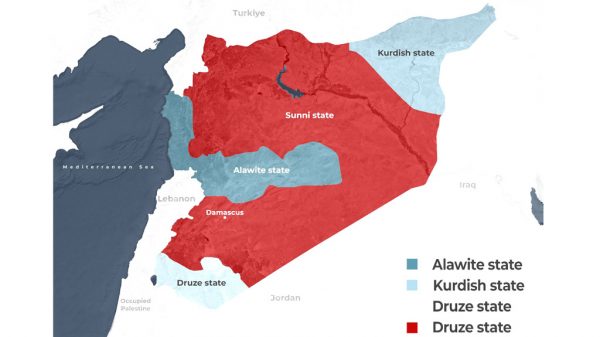
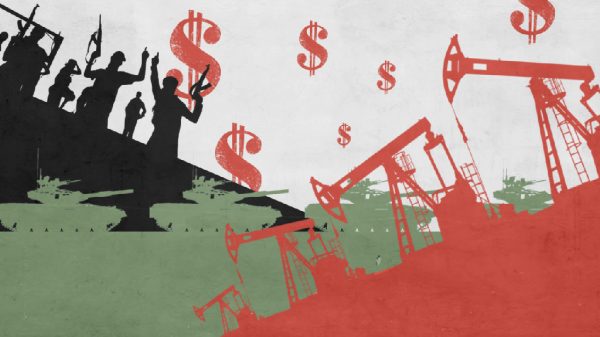
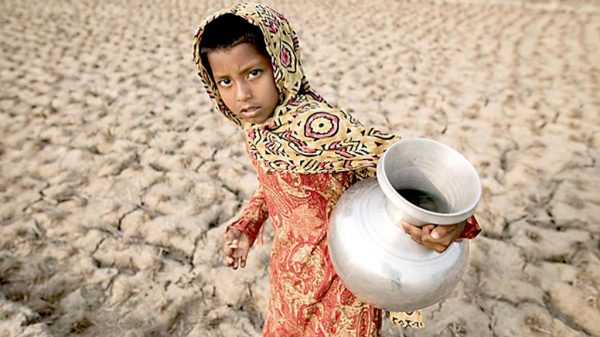
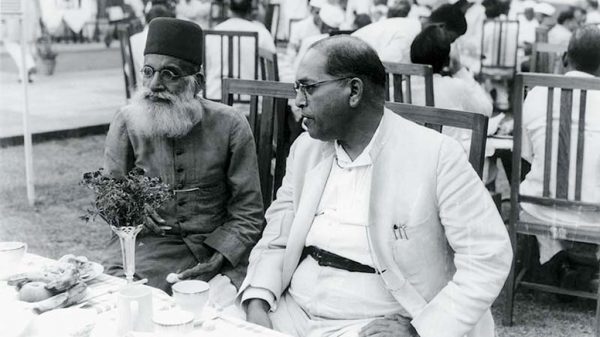
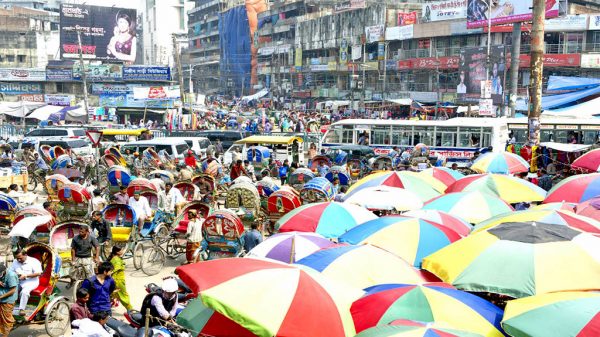
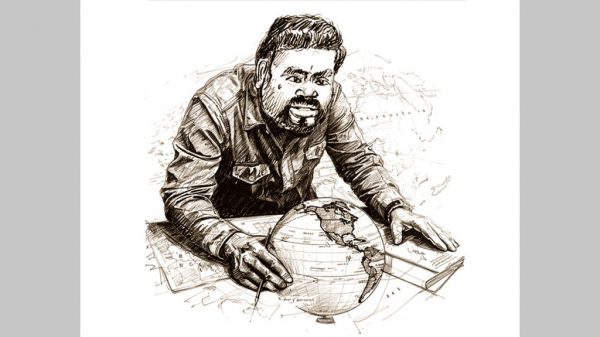


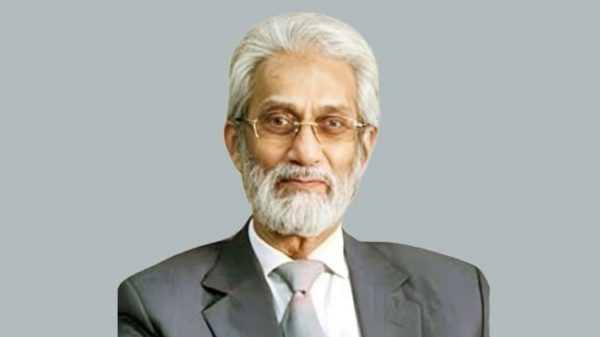
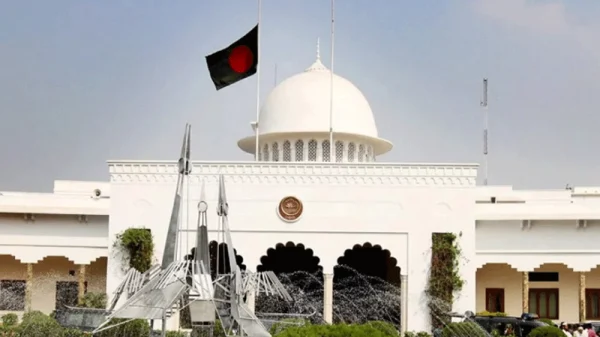

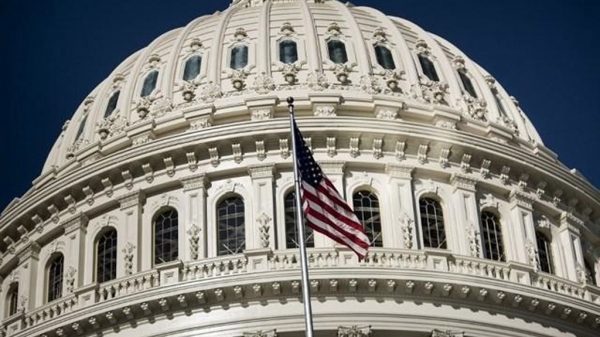


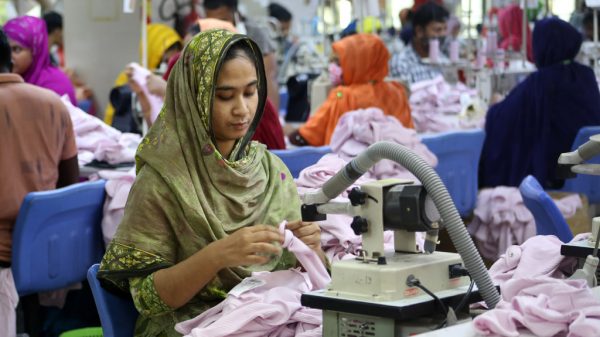
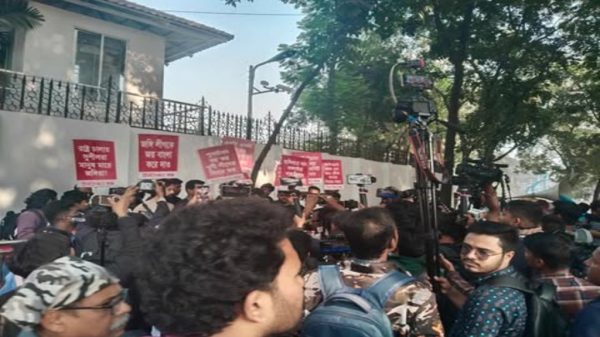











Leave a Reply